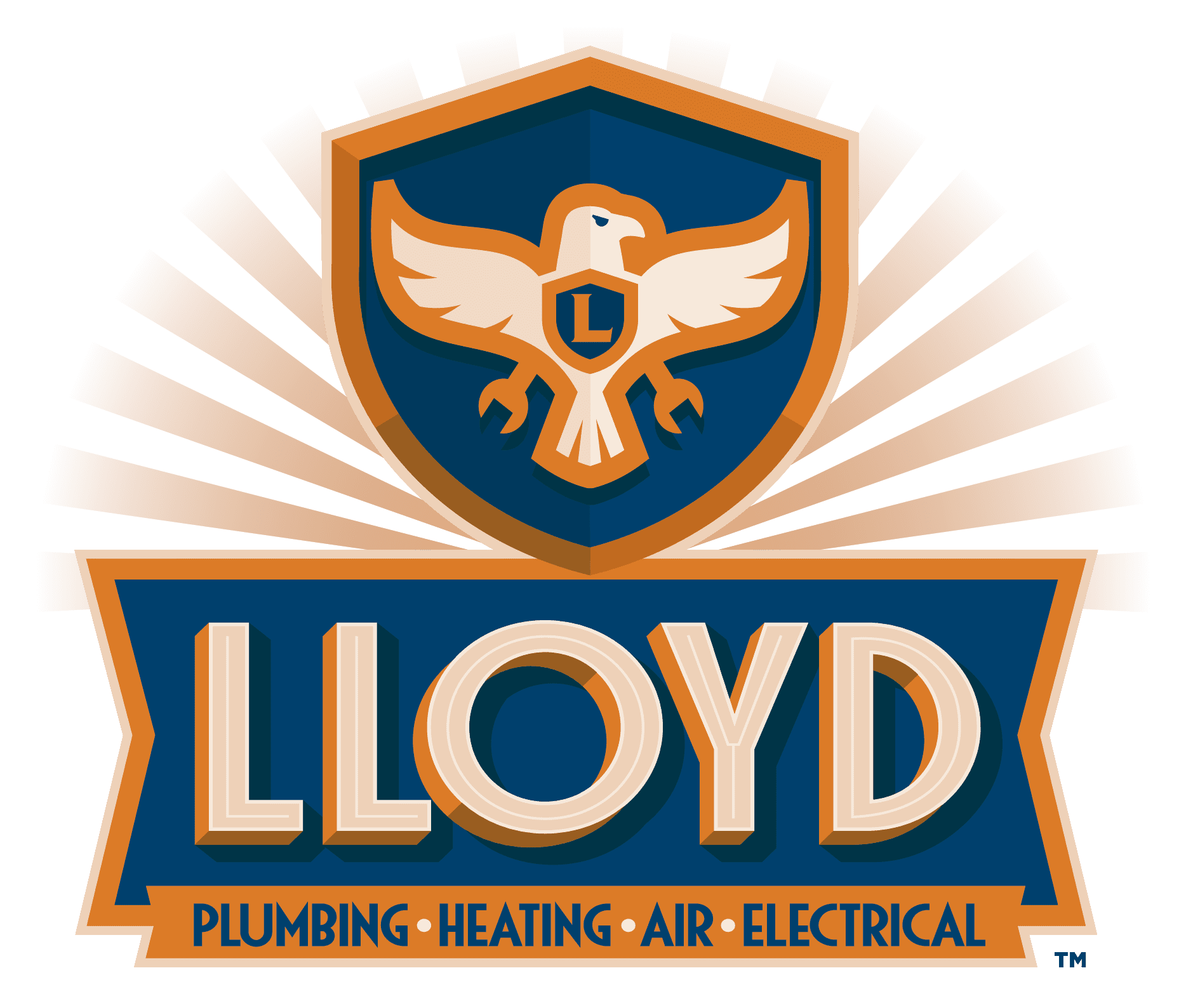Keeping Cool with Heat Pumps: A Guide for Lloyd Home Service in Vermont

The term “heat pump” can be misleading since it primarily serves as an energy-efficient air conditioner (AC). Heat pumps and ACs cool spaces similarly by transferring heat from indoors to outdoors using electrical energy. However, a heat pump stands out by having a switch that allows it to function as a heater in winter, providing a versatile solution with just a push of a remote control button. Notably, heat pumps consume less than 50% of the energy of a typical window AC unit, making them far more efficient for cooling.
Types of Heat Pumps
Heat pumps can extract and move heat from air, water, or ground. The most common type in homes and small businesses is the ductless air source heat pump, a mini-split heat pump. If you have existing ductwork, a ducted system can be a viable option as well.
Understanding “Mini-Split”
The term “mini” refers to the system’s compact size, while “split” indicates its two main components: an indoor air-handling unit and an outdoor compressor unit. When multiple indoor units are connected to a single outdoor compressor, it’s known as a “multi-split” or “multi-zone” system.
Basic Components
Unlike central AC systems, a heat pump’s outdoor condenser coil can switch roles and act as an evaporator when in heating mode. The indoor unit contains the electronics necessary to switch between cooling and heating modes. A “line set,” consisting of refrigerant tubing and electrical wiring, connects the indoor and outdoor units.
Comparing Energy Costs
Both ACs and heat pumps use electricity to cool spaces, but heat pumps are significantly more efficient, resulting in substantial savings for homes and businesses. Heat pumps are also efficient for heating, offering savings if you switch from fuel oil, kerosene, propane, or electric resistance heating. However, if you use natural gas, wood, or pellets, the cost savings may not be as pronounced due to the low cost of these fuels compared to the efficiency gains of a heat pump.
Heat pumps are compatible with solar and wind power, making them an excellent choice for Vermonters looking to reduce their reliance on fossil fuels.
Measuring Efficiency
Efficiency metrics such as EER, SEER, HSPF, and COP measure energy efficiency in different ways, making direct comparisons challenging. Generally, heat pumps are more efficient than other systems for both heating and cooling. When comparing heat pump models, look for a higher HSPF (heating efficiency) and a higher SEER (cooling efficiency). Choosing a model that qualifies for an Efficiency Vermont rebate ensures it meets stringent energy efficiency standards.
Air Conditioning vs. Heat Pumps
Heat pumps offer several advantages over central and window air conditioning. The most significant is their ability to both cool and heat with one system, though a backup heating source is recommended for the coldest Vermont winter days. Heat pumps require professional installation only once, eliminating the need for seasonal removal or reinstallation. A three-inch hole in the wall for the line set ensures better security compared to window units that can leave your home vulnerable. Additionally, heat pumps do not require ducting, simplifying installation and maintenance compared to central AC systems.
Additional Benefits
- Quiet operation
- Zone cooling and heating
- No ducting required
- Flexible placement of the outdoor unit
- Modern, low-profile appearance
Other Considerations
Heat pumps do have some considerations. They may require a backup heating system on the coldest winter days. Your home’s layout can affect efficiency; open floor plans are easier to cool or heat with a heat pump than homes with small, tight rooms. System size is crucial: sizing for summer cooling alone may leave you without adequate heating in winter. While heat pumps can lower energy bills, the units are initially expensive, costing around $4,000 each. However, they qualify for rebates and energy efficiency financing, offsetting some of the costs.
For more information or to schedule a consultation, contact Lloyd Home Service in Vermont. Our team is ready to help you stay comfortable year-round with energy-efficient heat pump solutions.
